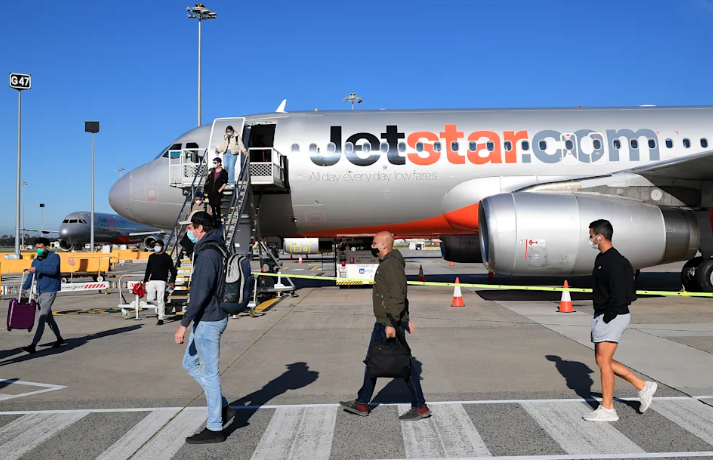Businesses in ‘survival mode’, concerned about new visa
Maddy Harker
22 May 2022, 6:04 PM
 Local employers say recent changes to the AEWV have provided some relief but they still have concerns over its long-term implications.
Local employers say recent changes to the AEWV have provided some relief but they still have concerns over its long-term implications.Recent changes to the Accredited Employer Work Visa (AEWV) provide some relief for businesses, local employers say, but they remain concerned the visa will make it harder for them to hire the staff they need.
The Accredited Employer Work Visa (AEWV), which will be introduced in July, replaces six current visa categories.
When it was announced in March, the government said it would require a three-step accreditation process for employers, which comes with accreditation costs, and a mandatory hourly pay rate of at least $27.76 (the national median wage).
However earlier this month immigration minister Kris Faafoi said those conditions would be eased for hospitality and tourism industries, which “in particular have been hit hard by the pandemic”.

People hired on the visa must be paid at least $25 per hour, and in April next year the required hourly rate would increase to $27.76, the national median wage.
They will instead have a lower wage threshold of $25 per hour until April 2023.
Ritual Cafe owner and Wānaka Community Board member Chris Hadfield said the changes to the visa requirements didn’t go far enough.
“It provides some temporary pay rate relief but in terms of becoming an accredited employer it still makes it really hard and costly to sponsor somebody,” Chris told the Wānaka App.
The AEWV, one of a range of changes to immigration settings, is designed to help businesses access the key skills they need and ensure wages and working conditions are improved for all workers, Kris Faafoi said.
“New Zealand cannot return to pre pandemic trends that saw us overly reliant on growing numbers of lower-skilled workers and resulted in the increased exploitation of migrants,” he said.
But Chris says this isn’t the full picture: his business and many others hire Kiwis wherever they can, and the vast majority treat and pay staff well, he said.

Immigration minister Kris Faafoi said the intention of the AEWV, alongside other visa changes, is to reduce New Zealand’s over-reliance on low-paid migrant workers.
“If two equal candidates walk in the door, we will take the Kiwi every single time,” Chris said. “But we just don’t get Kiwi applicants.”
He said staff shortages were currently worse than ever, and prioritising Kiwis isn’t possible when they aren’t applying in the first place.
Fellow Wānaka business owner Mandy Enoka said local companies are in “survival mode” at the moment.
Mandy is the director of Wānaka Selections Holiday Homes and Te Wānaka Lodge, which combined can sleep 300 people per night.
While the $25 per hour pay rate would ease problems temporarily, Mandy said, she was concerned about what would happen when the original pay rate resumed next April.
While all of her staff are being paid above the living wage, Mandy said increasing that amount to $27.76 for AEWV staff would set a new pay precedent for all staff.
Still, she said the changes to the AEWV were “a huge relief”.
“[I’m] thankful for the feedback and collective voices coming from our industry and associations who represent it,” she said. “It will certainly assist us with reopening our sector.”
Local businesses had recently held meetings about the visa, Chris said, and he encouraged employers who want to collectively oppose the AEWV to contact him at [email protected].
PHOTOS: Supplied



